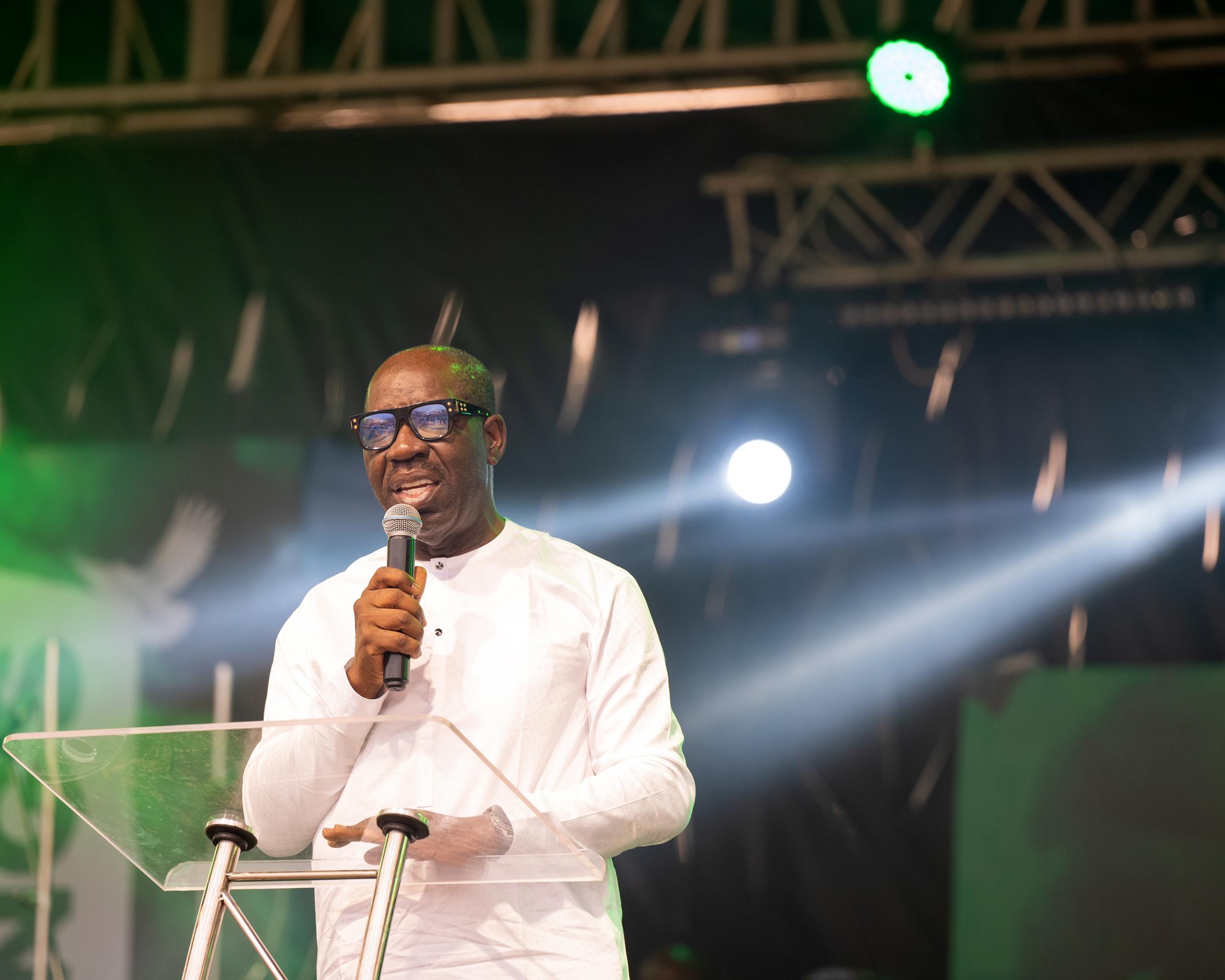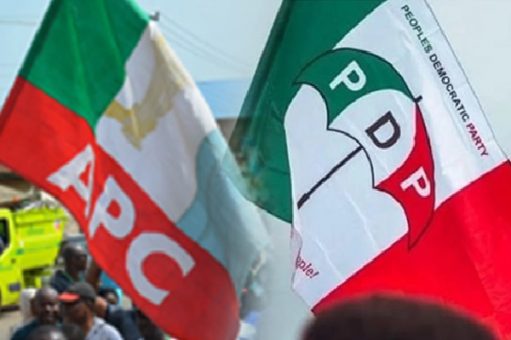Nigeria’s foreign exchange reserves have surged to $41 billion as of August 19, 2025, their highest level in almost four years, according to fresh data from the Central Bank of Nigeria (CBN).
The reserves, now capable of covering around 10 months of imports, mark a major turnaround for Africa’s largest economy after years of strain from external debt repayments and currency pressure. The last time reserves stood this high was December 3, 2021.
CBN attributes the recovery to higher oil revenues, rising foreign inflows, reduced import demand, and ongoing economic reforms by the federal government. The buildup strengthens the apex bank’s ability to stabilise the naira, manage liquidity, and resist speculative attacks.
The central bank has set an ambitious target of growing reserves to at least $100 billion, a level it says would eliminate perceptions of fragility in Nigeria’s external accounts.
READ ALSO
CBN Warns of Potential Risks to External Reserves Amid Subsidy Removal and Rising Debt
The latest rally has been driven by a strong performance in August, with reserves climbing $1.46 billion month-to-date—from $39.54 billion on August 1 to $41 billion on August 19. That’s a 3.7% rise in less than three weeks, averaging $81 million daily growth.
Reserves crossed the $40 billion mark on August 7, advanced to $40.5 billion by August 12, and topped $41 billion a week later—a steady pace that signals inflows are now consistently outpacing outflows.
Although August has delivered outsized gains, the year-to-date growth is modest: up just $124 million, or 0.3%, from $40.88 billion at the end of December 2024. The bulk of the buildup has come in the last five weeks, after a sluggish first half of the year when reserves hovered between $37 billion and $39 billion.
At its last Monetary Policy Committee meeting, CBN Governor Olayemi Cardoso said the momentum reflects higher capital inflows, improved oil output, growing non-oil exports, and reduced import volumes.
“There is a lot of international interest in putting money into the Nigerian financial system,” Cardoso said. “Our job as regulators is to ensure resilience, build buffers, and maintain trust—because that’s what gives investors confidence.”
Economists say the stronger buffers will boost Nigeria’s credit outlook, reassure foreign investors of its ability to meet obligations, and give the CBN greater firepower to manage shocks.
With reserves rising, inflation easing, and the naira relatively stable, analysts argue the current trajectory could set the stage for sustained economic growth—provided reforms are maintained and external inflows remain steady.




